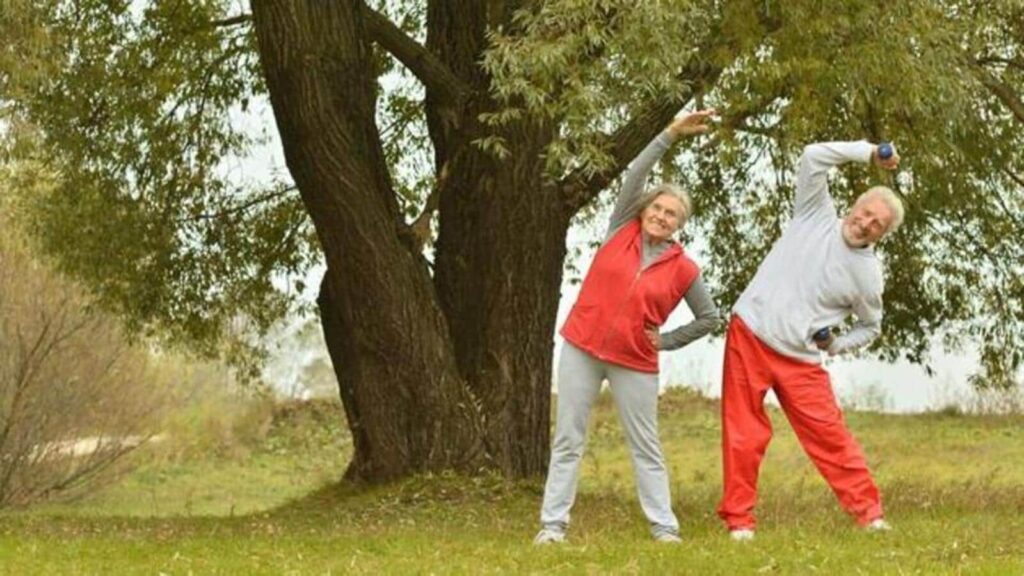Spice of Life | Embracing twilight years with grace, purpose & joy

The thought of growing old fills me with a mix of hope and trepidation. I watch with sadness as my father, now 79 years old, struggles with multiple illnesses and a frail body. For the past two years, doctors have been unable to diagnose the root cause of his persistent stomachache. They now believe his condition to be psychosomatic, meaning the mind is producing pain despite no physical ailment. As a result, there is no effective treatment for it. Seeing his state, sometimes I get scared of this last stage of life.

Yet, life’s trajectory is different for everyone. My neighbour is 84 years old, and he is healthy, and active. He takes his walks every morning and evening and never misses a social gathering. He eats and drinks whatever he likes, without any restrictions. I asked him the secret of his health and he replied with a broad smile, “Positive thinking, my dear.” Seeing him always smiling, meeting people with open arms, gives me hope that old age does not have to suffered.
My 68-year-old mother-in-law has been unable to walk without a walker since an accident five years ago. Yet, she independently runs a free school at her house for underprivileged children. Every month, my father-in-law and she happily spend a good part of their pension on buying notebooks, bags and other essential supplies for the students. The couple has discovered a noble purpose in their twilight years. To me, they serve as a reminder that old age can be about making a meaningful contribution to society despite physical limitations.
Old age is often seen as the twilight of life — a time of both challenges and opportunities. In India, the shift from joint families to nuclear households has significantly altered the experience of growing old. The support system that elders once relied on, with multiple generations living under one roof, is no longer a given. Yet, while this brings its own set of difficulties, old age still offers a chance for purpose and fulfilment for many.
India’s life expectancy has seen a remarkable rise in recent decades. In the 1970s, the average Indian lived to about 50 years. By 2019, that number had jumped to nearly 70, thanks to advances in medical science, better healthcare access, improved nutrition, and overall living conditions. But with a longer life comes the inevitable complexities and hardships of aging. However, it is also a time of reflection, where the elderly can pass on their life lessons, contribute to society in meaningful ways, and discover the new purpose of life.
As life expectancy continues to rise, we must reconsider how we view aging. With advances in healthcare, an increasing number of elderly individuals can remain active for longer, participating in community events, volunteering, or simply enjoying hobbies they never had time for earlier in life.
The key lies in how we approach this stage of life. With the right support system, whether from family, community, or healthcare – old age can be less about decline and more about growth, giving, and wisdom. It is up to us, as a society, to create an environment where the elderly can thrive, remain active, and contribute in ways that enrich both their lives and the lives of others. Old age does not have to be feared – it can be embraced as a time of grace, purpose, and joy.
dhiraj_sms@pbi.ac.in
The writer is a professor at Punjabi University, Patiala.




